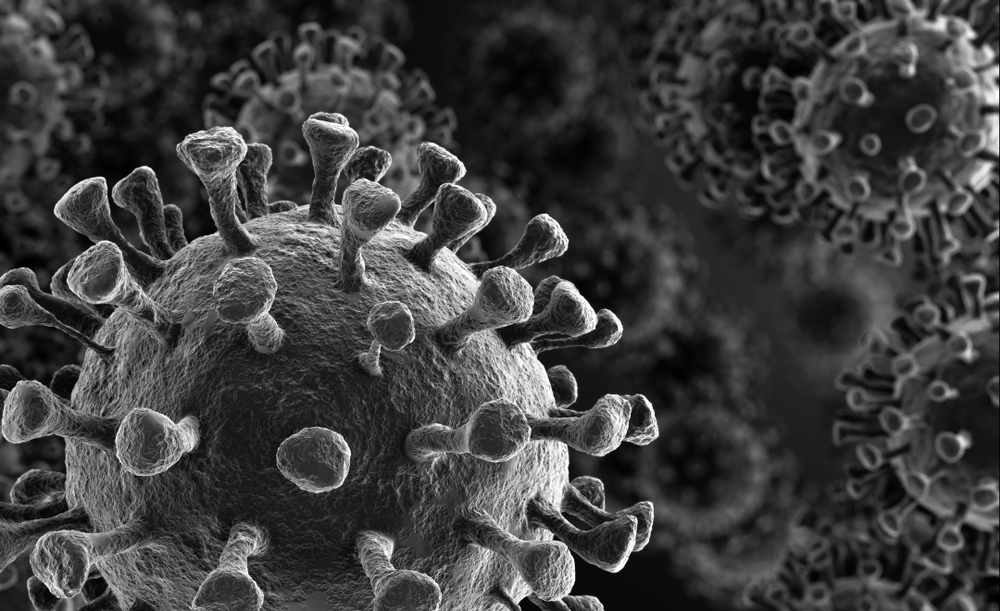We have run over 600 antibody tests since mid May 2020, using the Abbott platform.
The blood test measures Immunoglobulin G (IgG) antibodies to the nucleocapsid protein of SARS Cov-2 in serum and gives a positive or negative result. It does not quantify or measure the antibody level, but a positive antibody titre is 1.4 Index s/c, which is very small.
This is what we have observed
- A positive Covid antibody test indicates that you have antibodies to SARS CoV-2 (Covid-19), that you were exposed to the coronavirus infection Covid-19 and have produced the antibodies. All positive tests are 100 per cent reliable, you cannot have a positive test caused by anything other than Covid -19. We do not know how long the antibodies remain but there is no evidence that anyone has subsequently become negative after once having a positive antibody test.
- A negative antibody test indicates there are no antibodies to the Covid -19 infection in your blood. Some believe they have been exposed to Covid -19 and had a disease very comparable to Covid-19 but who do not test positive for the antibodies.
- Some false negatives are said to occur if the test is taken too soon. All our negative tests that have been repeated remain negative.
- Those individuals who have had intense exposure to Covid-19 seem more likely to have produced the Covid-19 antibody.
- Some people have undoubtedly been exposed to high intensity of Covid-19 virus but who have become neither ill nor produced antibodies. They presumably had an immune response which repelled the Covid -19 virus without it being able to cause any illness.
- There are people who have antibodies to Covid-19 i.e. positive Covid antibodies who have no recollection of suffering a Covid-like illness. These are far more likely to be young people, children, adolescents and their illness has been trivial or not causing any symptoms.
- Immunosuppressed people seem more likely to have produced a positive antibody response.
- Individuals who are most likely to test positive are those who work in shops where there is protracted interaction, those who have attended music festivals, concerts, conferences, and tube travellers and teachers.
- We are also seeing families who live together who have become ill with Covid-like symptoms, but then only some members of that family testing positive for the Covid antibody.
What do we know about other infectious diseases that might help our understanding?
Tuberculosis
The old BCG immunisation programme offered BCG to children aged 11 or 12. Those children had to have skin prick Mantoux testing before the BCG, as there would be some who already had antibodies to tuberculosis.
They had no history of having had tuberculosis but had had the infection without knowing it or being ill, but had sufficient exposure to produce antibodies and did not need BCG vaccination. This programme is no longer used.
Chickenpox
This is a fairly infectious viral illness. Parents are often keen to have their children exposed to chickenpox at a preschool age and there are such things as chickenpox parties.
We might see that out of a group of 10 children exposed to one child with active chickenpox, only 2 or 3 children might develop chickenpox but the others don’t. That shows that even having intense exposure to a virus does not necessarily mean you will get the infection.
At subsequent times in their lives, those children who did not contract chickenpox at the intense chickenpox party may still develop chickenpox, suggesting that their immune system, which repelled chickenpox infection previously, cannot be relied upon to protect them subsequently.
Coughs and Colds
Within a household of close contacts, if one member develops a typical coryzal illness, cough or cold, not all other members of the household will develop the same illness.
There may be a variety of responses to that exposure, some develop the infection mildly, or with slightly different symptoms, and there may be others in the household who seem untouched by it.
Key points to consider:
- not everybody will get ill despite being in close contact with an infection
- resilience to the infection may not be a permanent feature
- some illnesses have symptoms very similar to Covid-19, loss of taste and smell occurs in about one per cent of cases of seasonal flu
- we do not know how long antibodies last
- there are no known cases of anyone having the illness twice (there were reports of this, but the initial testing was found not be accurate)
- perhaps those people who are convinced they had Covid-19 but test negative, have an immune system which did not produce antibodies in dealing with the illness. There are other components of our immune system which fight off illness and perhaps the antibody producing mechanism was not involved.
If you are concerned you have COVID-19, or if you believe you have been exposed to it and wish to be tested, please contact us.



